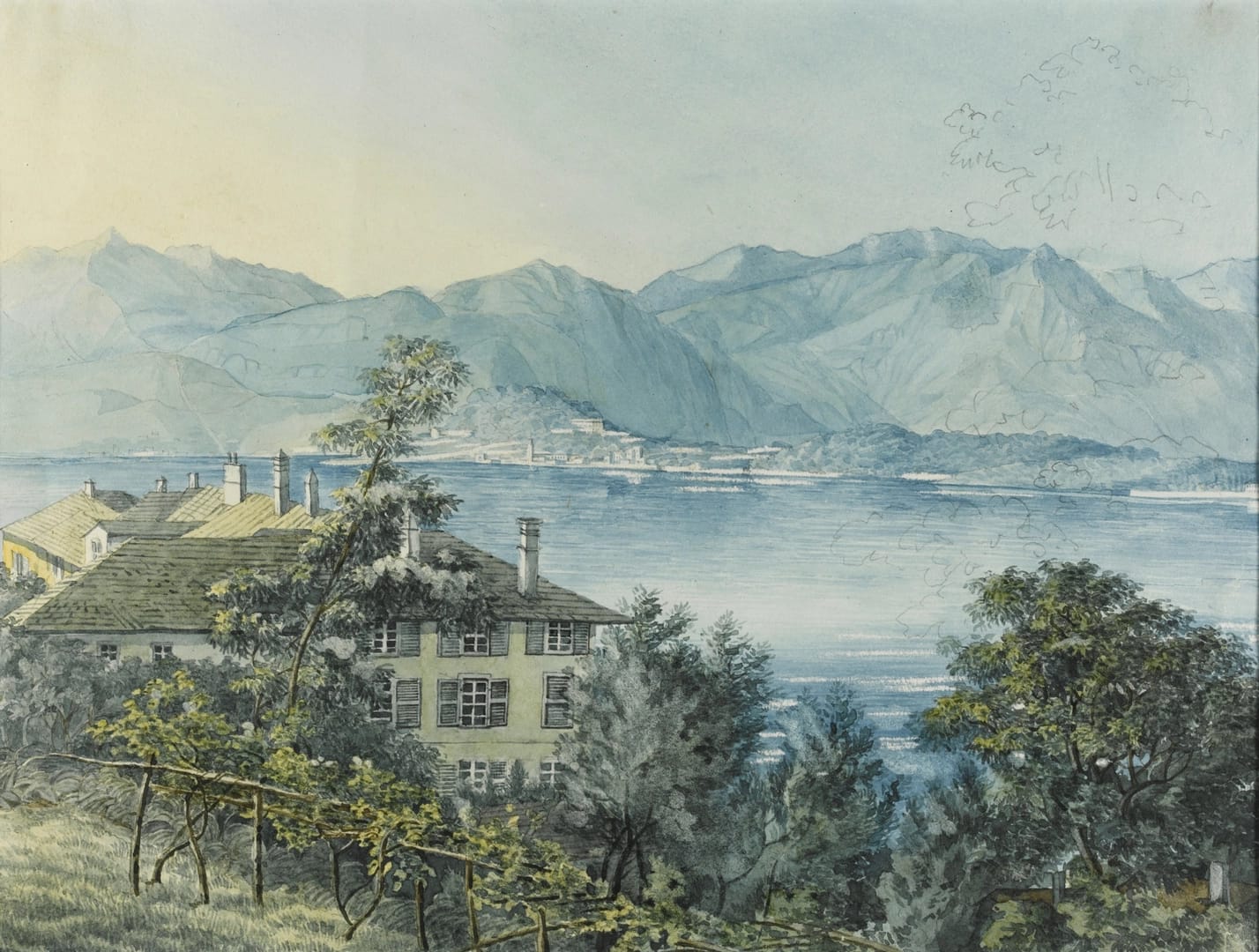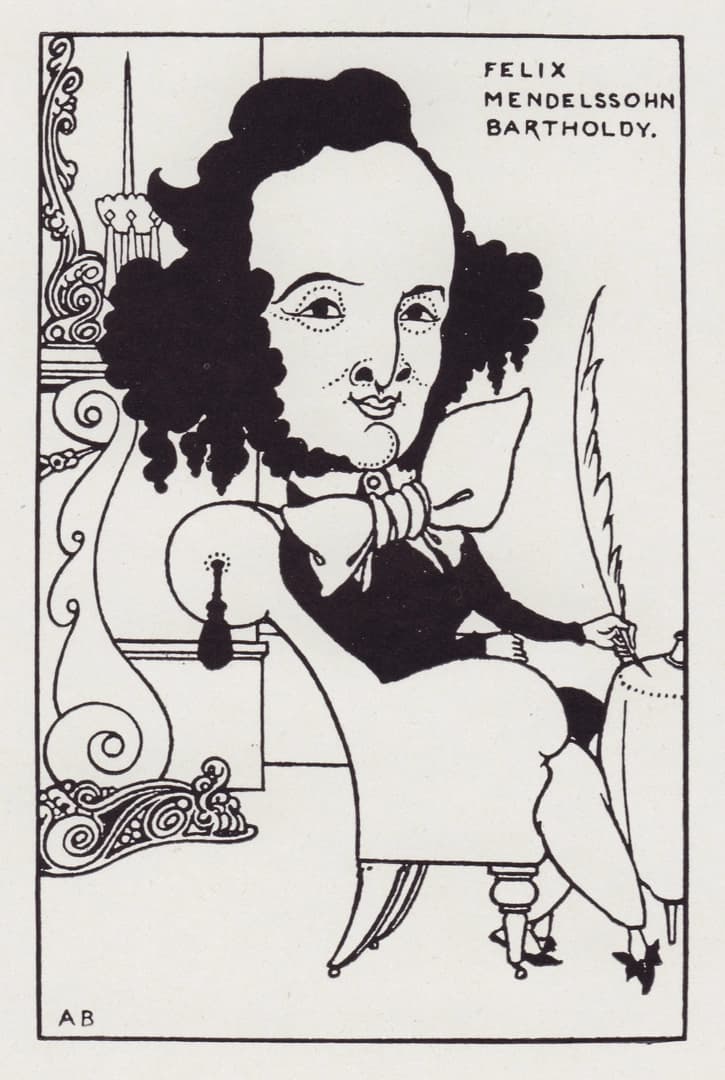
articles / Saturday Morning Car Tunes
Saturday Morning Car Tunes: Felix Mendelssohn, Pt. I
Heritage Images/Getty Images

Heritage Images/Getty Images
Listen to the episode!
Felix Mendelssohn was a child prodigy who became one of the great Romantic composers. Drawing on Bach’s counterpoint, Mozart’s grace, and Beethoven’s drama, his music marries Classicism and Romanticism.
Howdy, howdy, howdy! I’m Solomon Reynolds, and this is: Saturday Morning Car Tunes! This morning…
Felix Mendelssohn was a German composer born in 1809. At a time when music was growing more complex, his compositions remained graceful and light. Like Mozart, he was a child prodigy. By his teens, he’d already written thirteen string symphonies. Some people say his String Symphony No. 8 sounds like Mozart’s last symphony.
Felix and his sister Fanny were both brilliant pianists and composers. Fanny, who was three years older, played the piano so well it was hard to believe. Their father encouraged Felix to compose but didn’t allow Fanny to pursue a career in music. In his eyes, it wasn’t proper for a married woman. Fanny composed anyway. To protect her, Felix published three of her songs under his name, including "Suleika and Hatem" with words by Goethe.
Goethe, who was like Germany’s Shakespeare, was a close family friend. His writings inspired Felix his entire life. He even dedicated his Piano Quartet No. 3 to Goethe.
But not everything came easy. At fifteen, Felix started writing his opera Camacho’s Wedding. When it failed after one performance, Felix was crushed and never finished another opera. Here’s the overture.
As a concert pianist, Felix had been wowing audiences since he was nine. He often performed works by other composers, like Weber’s Concert-Piece in F minor, which shaped a lot of his own music. Beethoven’s drama and emotion left a mark, too. Felix regularly played Beethoven’s “Emperor” Concerto. Both Weber and Beethoven’s style show up again and again, like in Felix’s Piano Concerto No. 1.
At sixteen, Felix wrote his first masterpiece, the String Octet. The finale explodes with counterpoint, or melodies stacked on top of each other, like Bach, Handel, and Mozart before him. A year later, Felix wrote another masterpiece: a concert overture based on Shakespeare’s play A Midsummer Night’s Dream. One reviewer called it “sparkling with genius,” almost as if Felix had stepped into Shakespeare’s brain and caught a piece of his imagination.
One of the most important things young Felix did was bring Bach back. A hundred years after it was written, he conducted Johann Sebastian Bach’s St. Matthew Passion (which was like a religious opera without costumes). It was a huge success. Without that performance, Bach might not be so famous today.
Felix Mendelssohn! I’m Solomon Reynolds. I write and produce Saturday Morning Car Tunes, with research assistant Carolina Correa and audio engineer Stephen Page, only on Classical California. Tune in—or out of your car—next Saturday morning!






